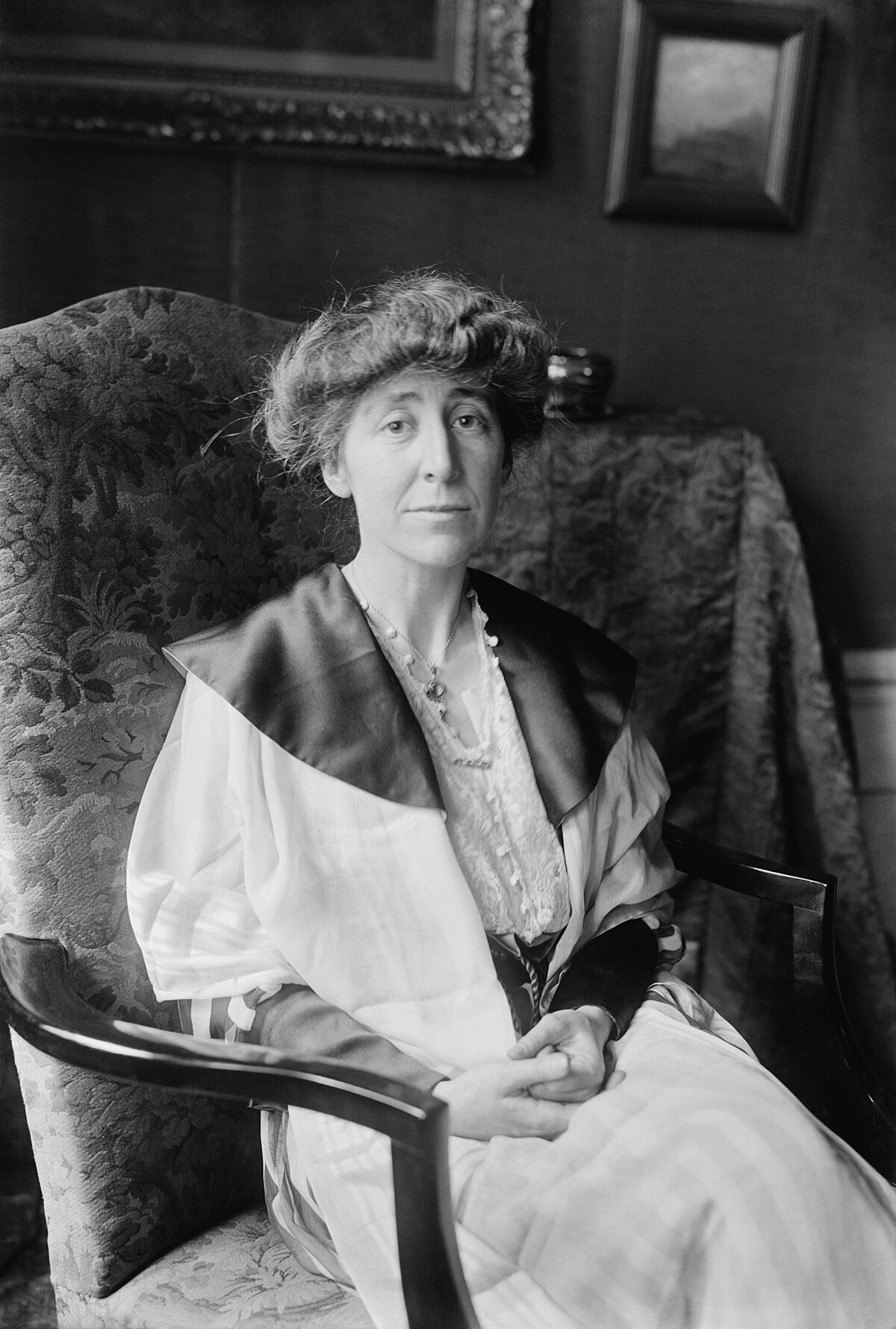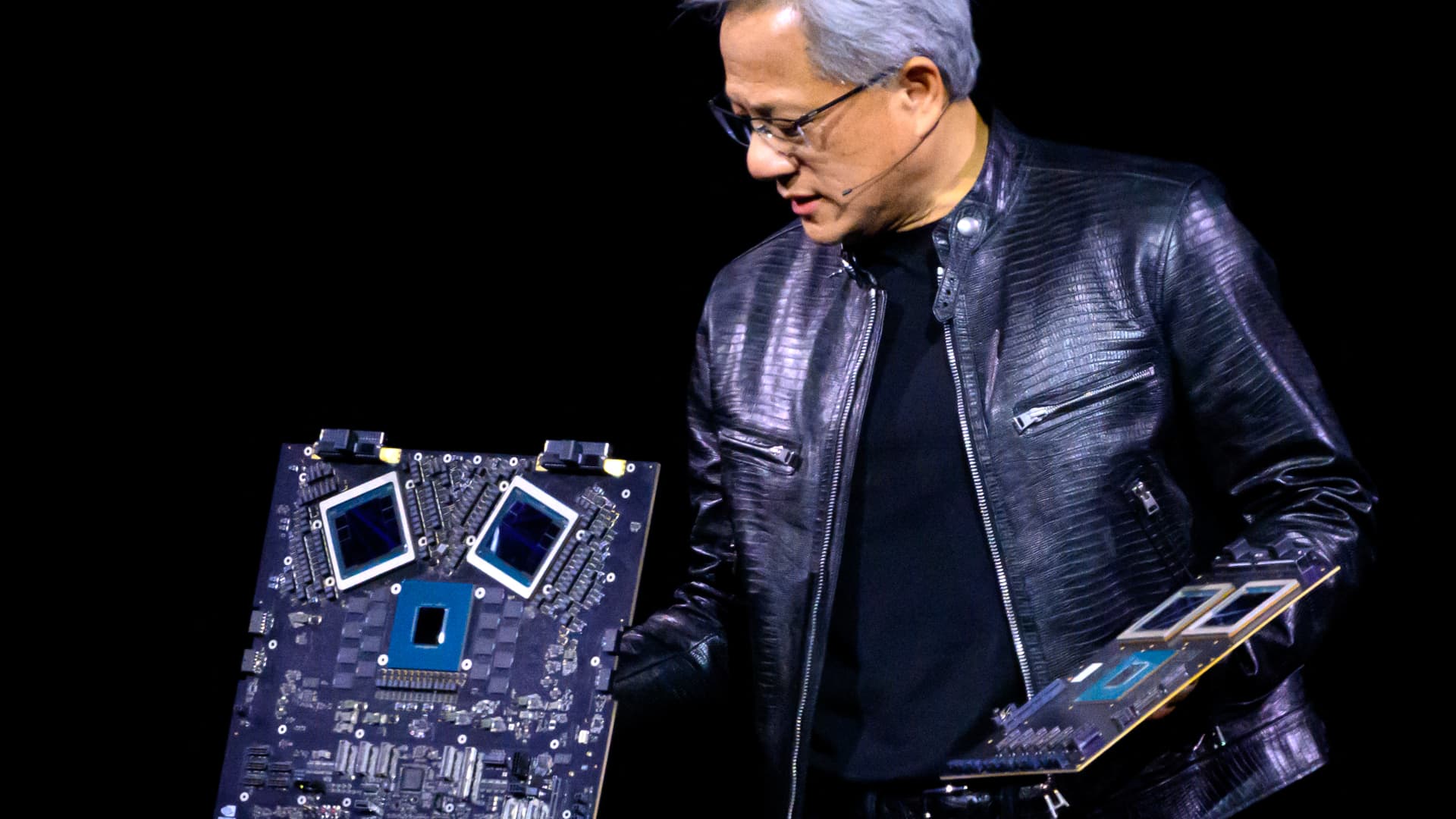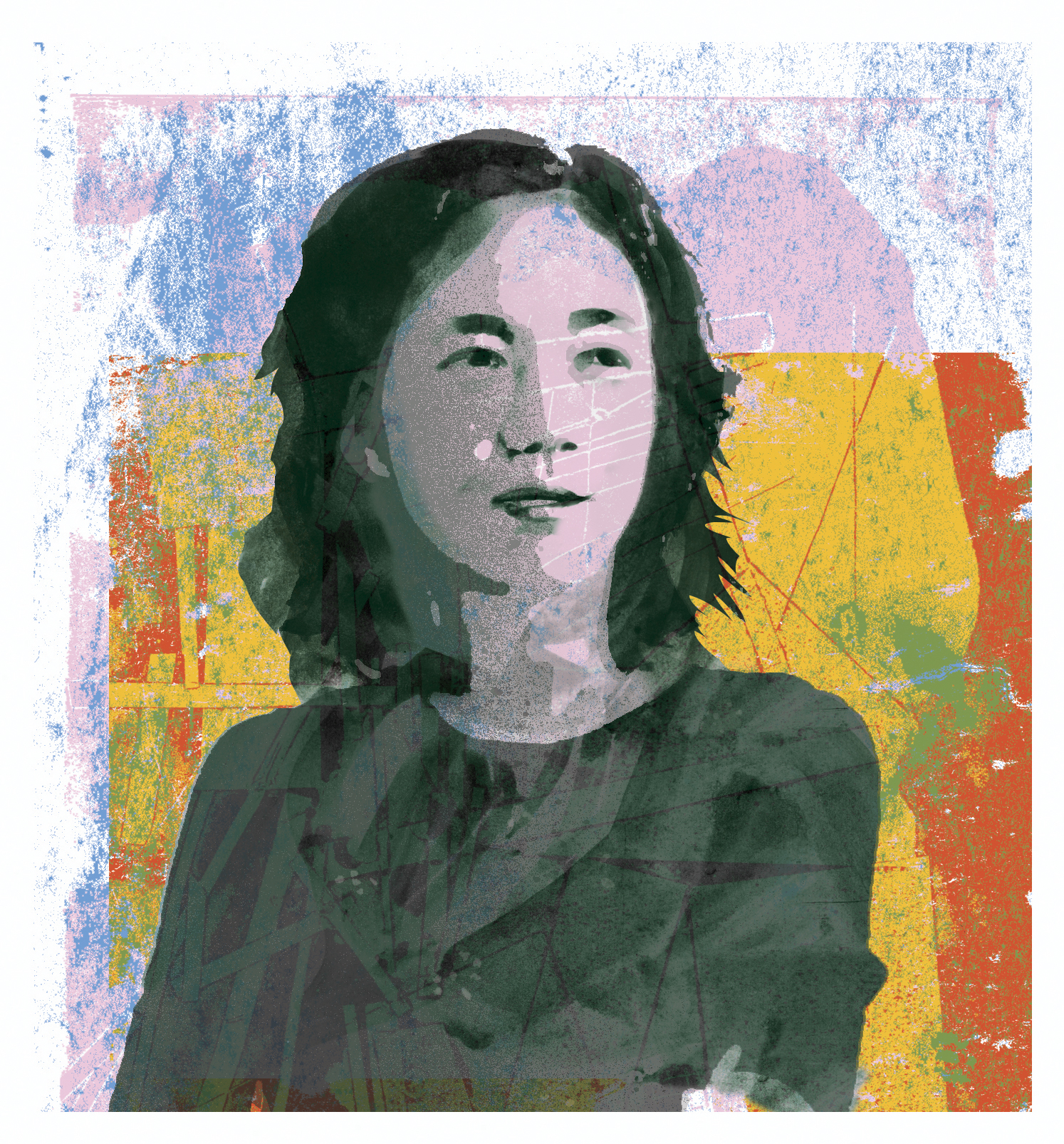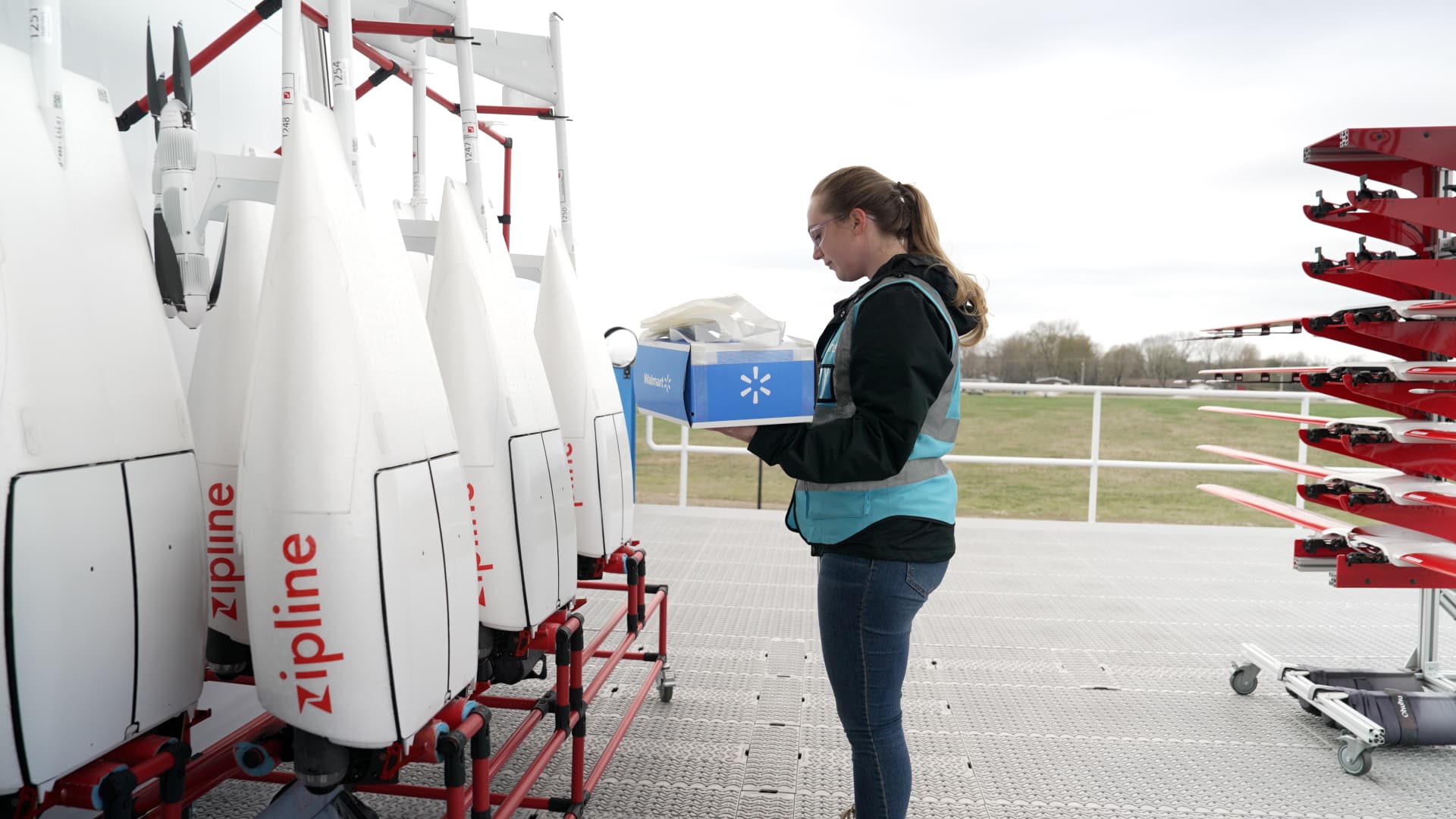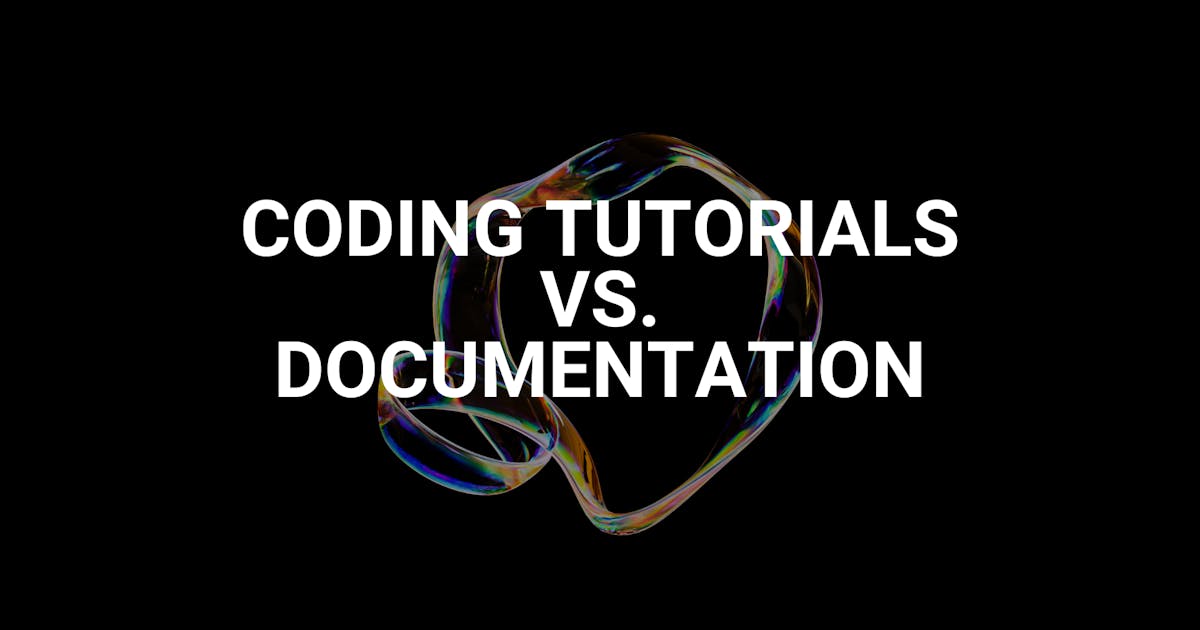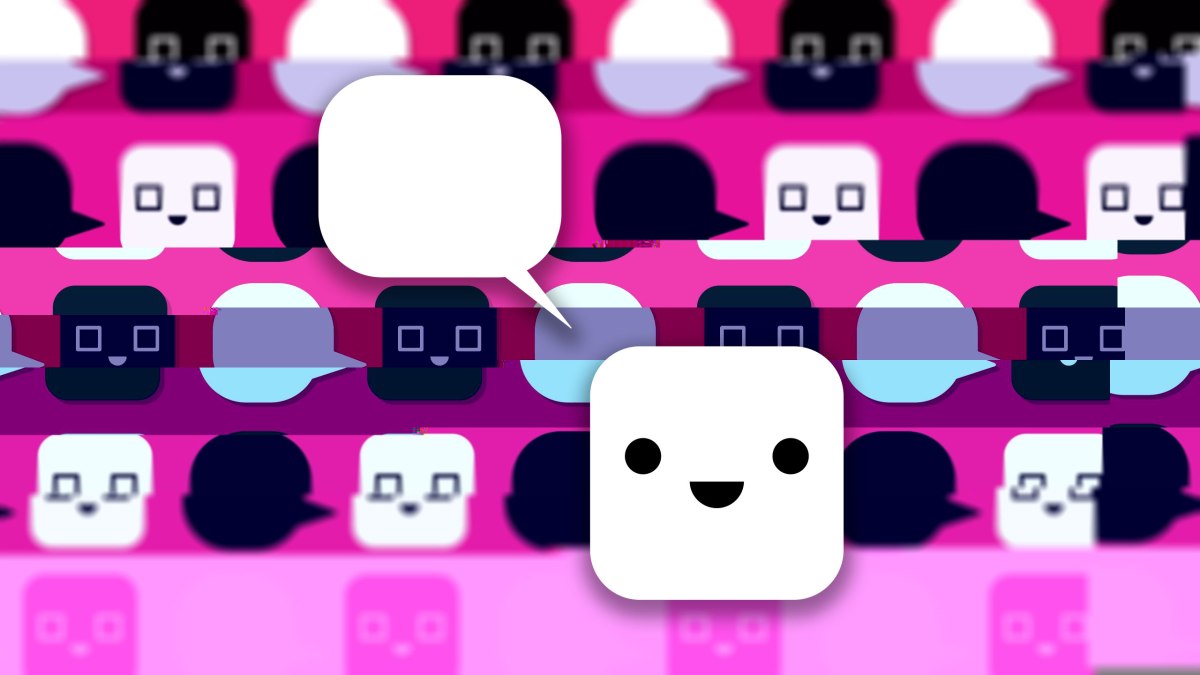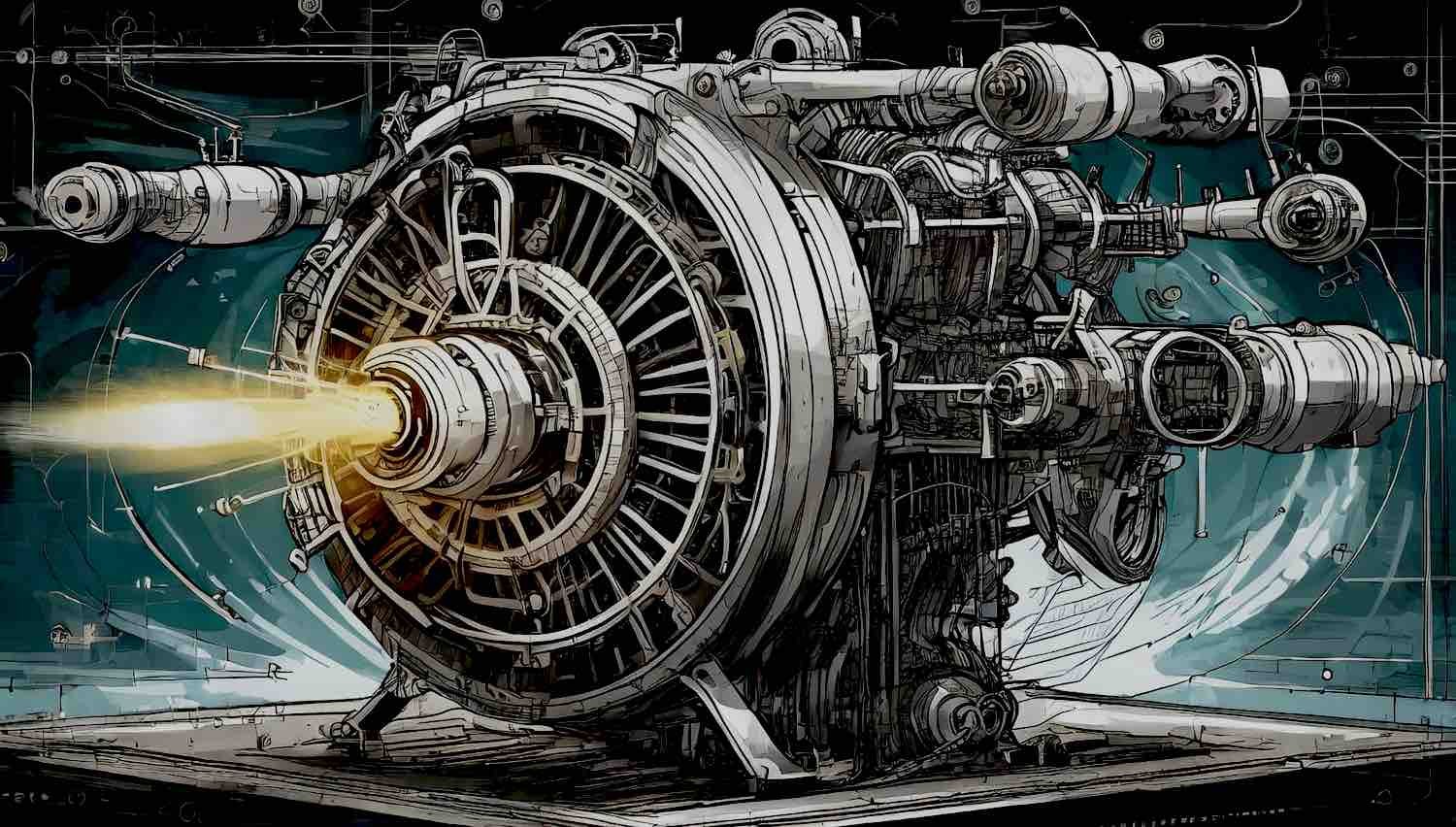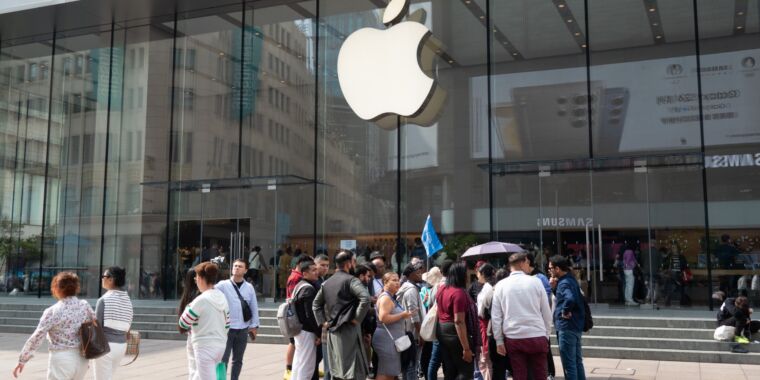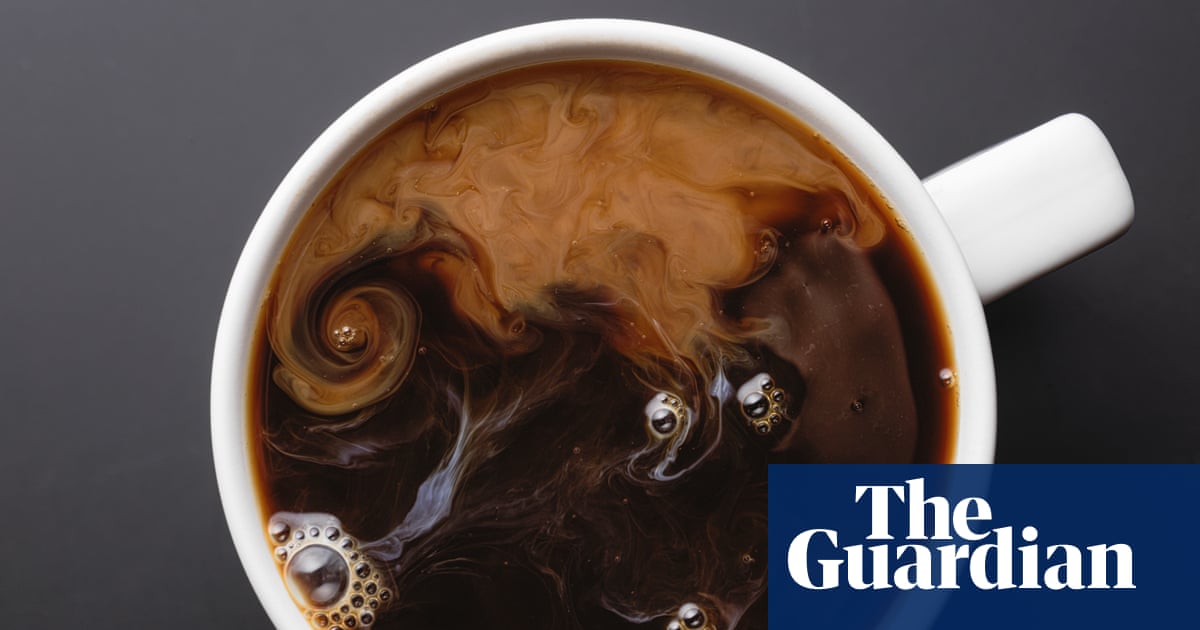
The invisible addiction: is it time to give up caffeine?
Caffeine makes us more energetic, efficient and faster. But we have become so dependent that we need it just to get to our baseline
A fter years of starting the day with a tall morning coffee, followed by several glasses of green tea at intervals, and the occasional cappuccino after lunch, I quit caffeine, cold turkey. It was not something that I particularly wanted to do, but I had come to the reluctant conclusion that the story I was writing demanded it. Several of the experts I was interviewing had suggested that I really couldn’t understand the role of caffeine in my life – its invisible yet pervasive power – without getting off it and then, presumably, getting back on. Roland Griffiths, one of the world’s leading researchers of mood-altering drugs, and the man most responsible for getting the diagnosis of “caffeine withdrawal” included in the Diagnostic and Statistical Manual of Mental Disorders (DSM-5), the bible of psychiatric diagnoses, told me he hadn’t begun to understand his own relationship with caffeine until he stopped using it and conducted a series of self-experiments. He urged me to do the same.
For most of us, to be caffeinated to one degree or another has simply become baseline human consciousness. Something like 90% of humans ingest caffeine regularly, making it the most widely used psychoactive drug in the world, and the only one we routinely give to children (commonly in the form of fizzy drinks). Few of us even think of it as a drug, much less our daily use of it as an addiction. It’s so pervasive that it’s easy to overlook the fact that to be caffeinated is not baseline consciousness but, in fact, an altered state. It just happens to be a state that virtually all of us share, rendering it invisible.
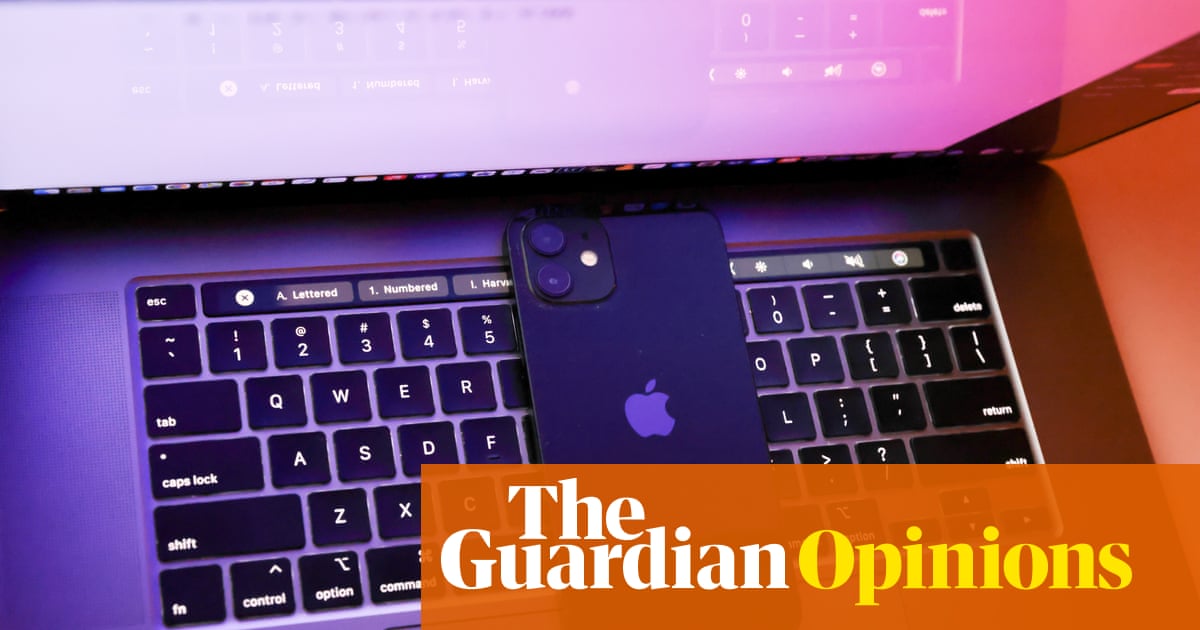

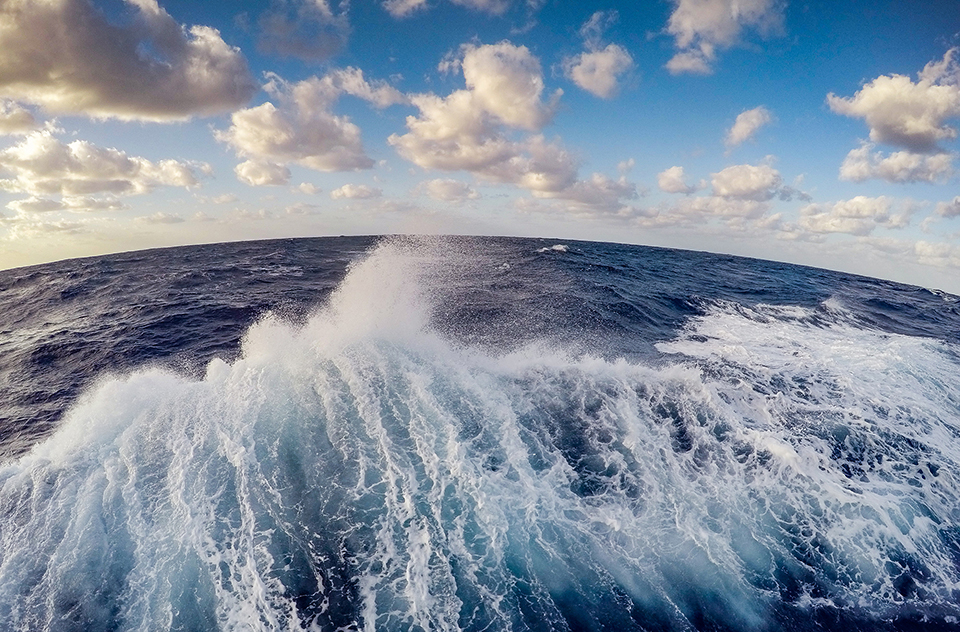
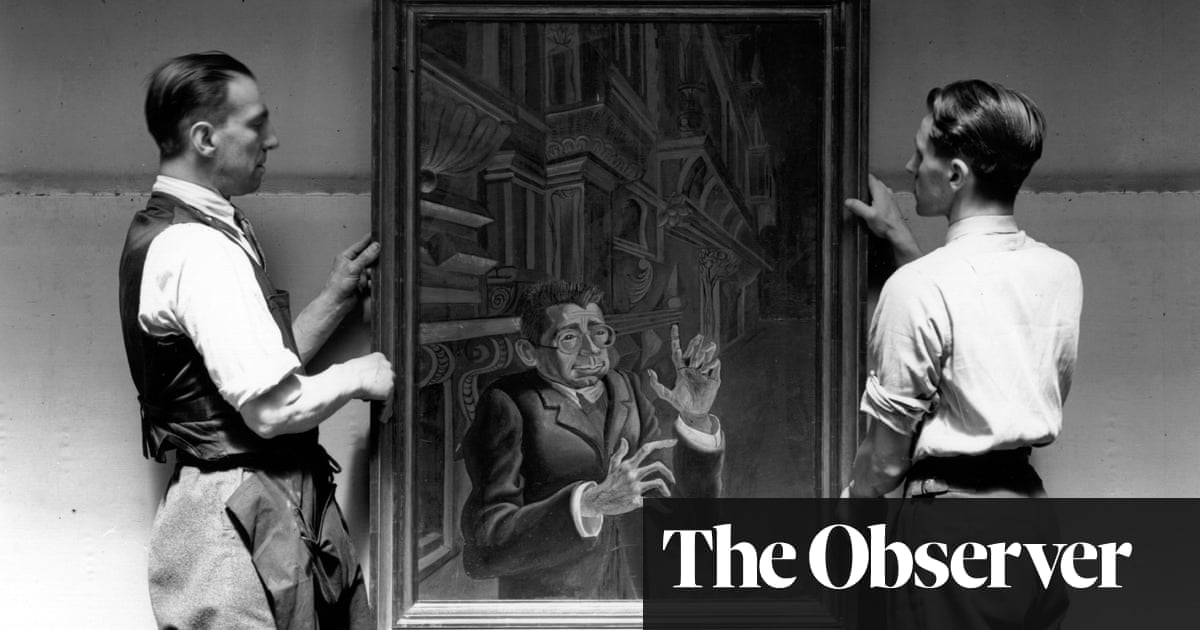




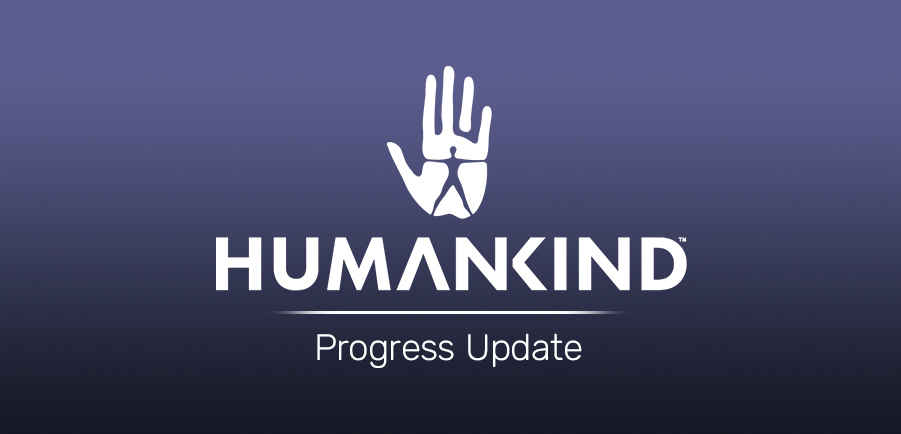
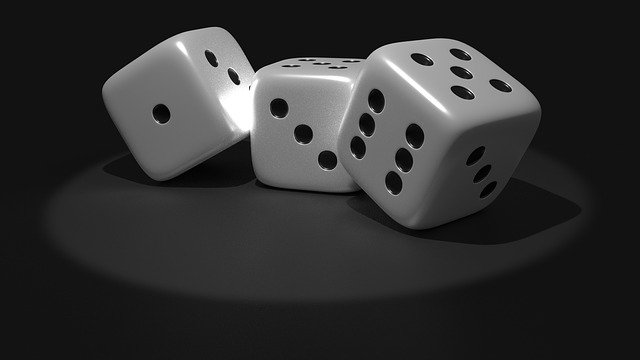
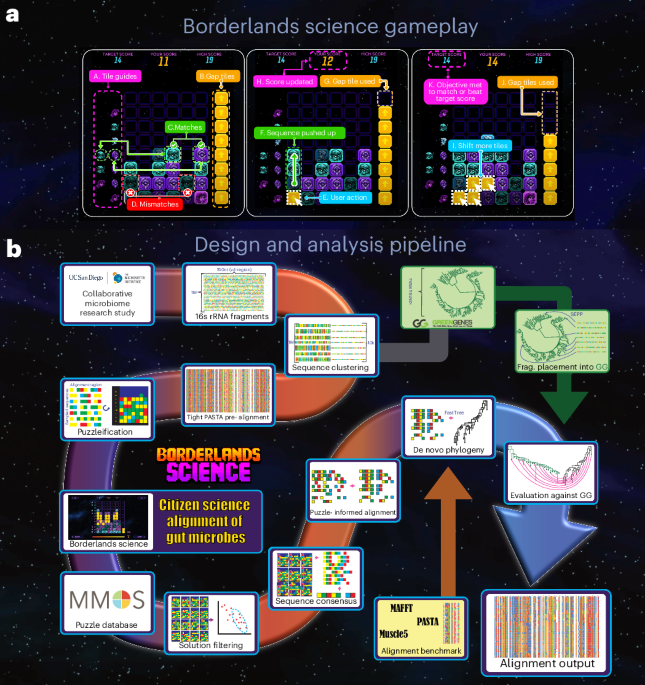

/cdn.vox-cdn.com/uploads/chorus_asset/file/25408886/post_logo.png)


